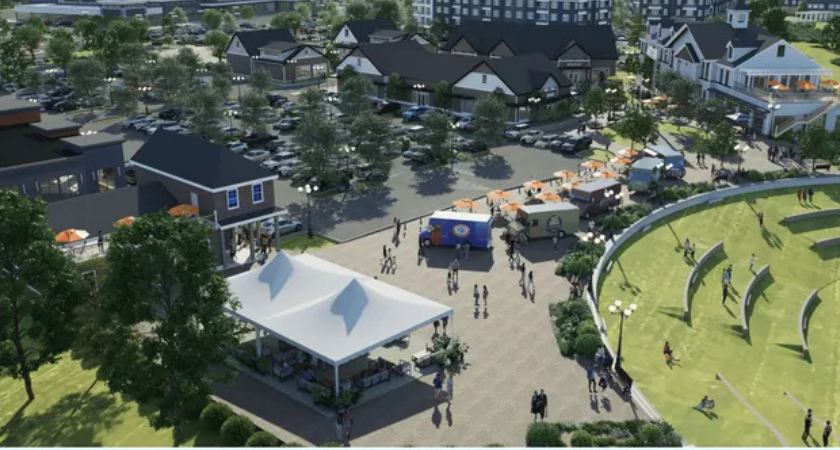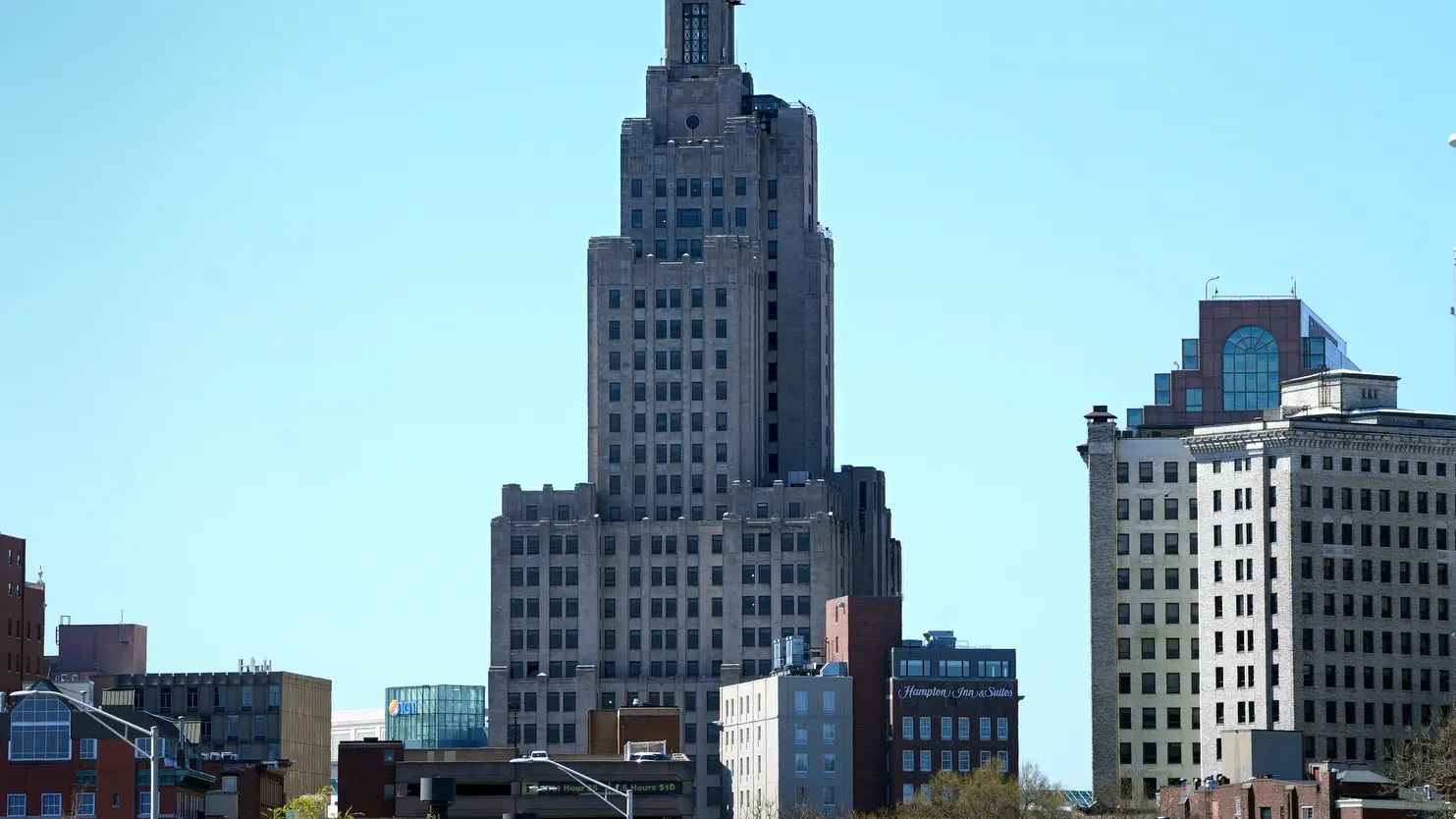
EAST PROVIDENCE, R.I. — Four years after the East Providence City Council approved zoning changes to transform the former Metacomet Golf Course into a large-scale mixed-use development, progress on the site has been slow and often complicated. But developer Marshall Properties insists the project is moving forward and remains on schedule for a potential groundbreaking in 2026.

“The Metacomet project remains on track and Marshall continues to make steady progress on the site planning and preparation needed to finalize their upcoming applications,” company owners John and Lianne Marshall said in an email. “We are in contact with the required agencies frequently, which has been productive and helpful in moving this project forward. Marshall aims to secure all state approvals by the end of this year, with a groundbreaking in the spring.”
Since overcoming fierce neighborhood opposition and winning zoning approval in July 2021, Marshall entered into a lengthy design review with the East Providence Waterfront Commission, a process that only concluded last winter. With local approvals secured, the focus has shifted to a complex web of state-level permitting that involves several agencies.
Marshall must receive sign-offs from the Rhode Island Department of Transportation (DOT), the Coastal Resources Management Council (CRMC), and the Rhode Island Historical Preservation & Heritage Commission (HPHC). Each agency brings its own requirements, from infrastructure planning to cultural protections.
One particularly sensitive issue involves an archaeological review conducted in coordination with the Narragansett Tribe, aimed at ensuring that no historic or cultural resources are disturbed during construction. Marshall confirmed that “three stages of an archaeological survey have occurred, including an assessment, a survey and data recovery,” with a final report to be submitted soon.
The project also faces an environmental challenge: arsenic in the soil, a legacy of chemicals used during the site’s decades as a golf course.
According to Evan LaCross, spokesperson for the Department of Environmental Management (DEM), the soil under former fairways exceeds the state’s allowable arsenic level of 19 parts per million. Marshall initially planned to excavate and remove contaminated soil, but is now proposing a different remediation strategy — “tilling/soil blending” — which is under DEM review.

Perhaps the most publicly visible hurdle will be approval from the DOT to construct a roundabout at the site’s entrance along Veterans Memorial Parkway. The historic parkway, designed by landscape architect Frederick Law Olmsted, could draw heightened public scrutiny. As of now, Marshall has not yet submitted its application for the roundabout.
“The timeline of the groundbreaking is dependent on the state permitting process,” the Marshalls emphasized. “As you know, there is a lot of coordination and preparation required for a project of this magnitude.”
Renderings on the Waterfront Commission website show the first concepts of “The Met,” a large-scale redevelopment featuring a mix of shopping, apartments, and community space. Supporters argue the project will bring new housing opportunities and economic growth to the city, while critics continue to raise concerns about environmental impacts, traffic congestion, and preservation of the parkway’s historic character.
If approvals are finalized as planned, Marshall hopes to begin site work in spring 2026, bringing long-awaited change to a property that has sat largely untouched since the golf course closed.
Originally reported by Patrick Anderson.